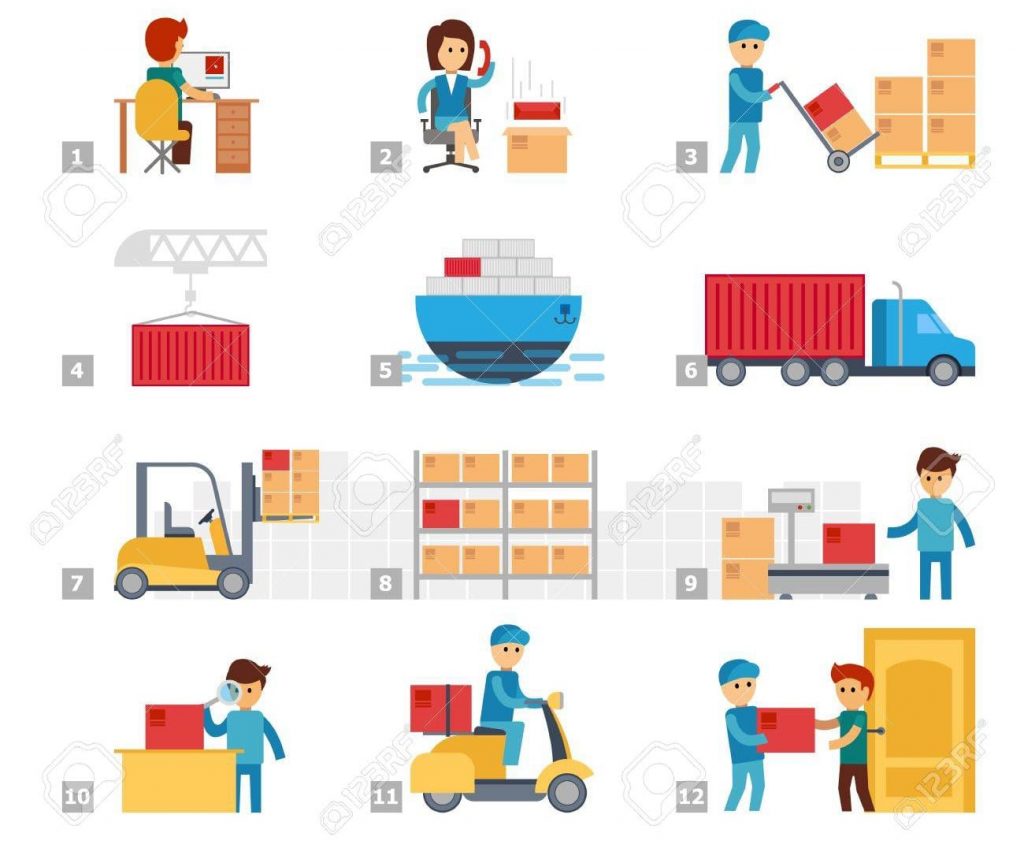MERGER PELINDO PADA 1 OKTOBER 2021
(Bahasa Indonesia). PT. Pelabuhan Indonesia (Pelindo), BUMN dibawah Kementerian Perhubungan yang mengelola pelabuhan besar nasional yang pengelolaannya terbagi dalam 4 wilayah (Pelindo 1 sd 4), akan dimerger menjadi satu perusahaan yang tentu saja sangat besar. Ini merupakan salah satu pembenahan kinerja mereka untuk menjadi lebih efisien dan efektif didalam mengambil keputusan. Tentu saja tidak sedikit pekerjaan rumah yang akan mereka tangani nantinya. Seperti diketahui, daya saing pelabuhan di Indonesia yang dikategorikan sebagai pelabuhan laut internasional belum menggembirakan terutama didalam pengadaan fasilitas infrastruktur yang mendukung layanan yang prima karena tuntutan yang ada begitu cepat berkembang dari pengembangan pengadaan fasilitas. Seperti diketahui, sebagai negara maritim dan kepulauan, pelabuhan laut Indonesia memegang peranan penting didalam mendistribusikan barang kebutuhan konsumen sehari2, baik itu sandang, papan, pangan dan farmasi. Keefektifan operasional pelabuhan memegang peranan didalam biaya logistik, dan biaya logistik nasional masih cukup tinggi yaitu 25% dari PDB. Inilah yang harus dibenahi nantinya dari hasil merger Pelindo. ARPI mencatat masih ada biaya2 tambahan didalam bongkar muat reefer container (cold chain poin) yang dilanjut dengan konektivitas ke transportasi antar moda hingga terkirim dengan baik ke konsumen akhir. Pelabuhan besar seperti Tanjung Priok dan Tanjung Perak harus segera mandapat bantuan dengan infrastruktur hub-pelabuhan didalam upaya menampung permintaan yang meningkat pesat. NPCT-1 dimana penimbunan reefer container terkelola dengan baik sudah berjalan, dan masih terus diperlukan seperti ini, terutama untuk wilayah Indonesia Timur. Tol laut yang mengerahkan armada kapal cukup besar belum begitu efektif pemanfaatannya, terutama untuk angkutan reefer container. Hasil laut yang besar dari wilayah Indonesia Timur belum tereksplorasi maksimum terhadap permintaan di pulau Jawa dan Bali serta ekspor. Padahal makanan beku sudah menjadi topik trend perubahan gaya hidup penduduk. Inilah yang menjadi pekerjaan rumah Pelindo baru kedepan, bagaimanan memperlancar arus barang dan arus makanan ke seluruh wilayah Indonesia dengan biaya logistik pengiriman yang lebih kompetitif (ditarget 18% dari PDB).
PELINDO MERGER ON 1 OCTOBER 2021
(English version). PT. Pelabuhan Indonesia (Pelindo), a State-Owned Enterprise (SOE) under the Ministry of Transportation that manages large national ports whose management is divided into 4 regions (Pelindo 1 to 4), will be merged into one company which is of course very large. This is one way to improve their performance to become more efficient and effective in making decisions. Of course not a little homework they will handle later. As is known, the competitiveness of ports in Indonesia which are categorized as international seaports has not been encouraging, especially in the procurement of infrastructure facilities that support excellent service because the demands are growing so fast from the development of the procurement of facilities. As is known, as a maritime and archipelagic country, Indonesian seaports play an important role in distributing goods for daily consumer needs, be it clothing, housing, food and pharmaceuticals. The effectiveness of port operations plays a role in logistics costs, and national logistics costs are still quite high at 25% of GDP. This is what must be addressed later from the results of the Pelindo merger. ARPI noted that there are still additional costs in loading and unloading reefer containers (cold chain points) followed by connectivity to intermodal transportation until they are delivered properly to end consumers. Large ports such as Tanjung Priok and Tanjung Perak must immediately receive assistance with port-hub infrastructure in an effort to accommodate rapidly increasing demand. NPCT-1 where the stockpiling of reefer containers is well managed has been running, and is still needed like this, especially for the eastern part of Indonesia. The use of the Sea Toll, which deploys a large fleet of ships, has not been very effective, especially for reefer container transportation. The large marine products from the eastern part of Indonesia have not been explored to the maximum for the demand on the islands of Java and Bali as well as exports. Even though frozen food has become a trend topic for changes in the lifestyle of the population. This is the new Pelindo homework in the future, how to facilitate the flow of goods and food flows to all parts of Indonesia with more competitive shipping logistics costs (targeted at 18% of GDP).

